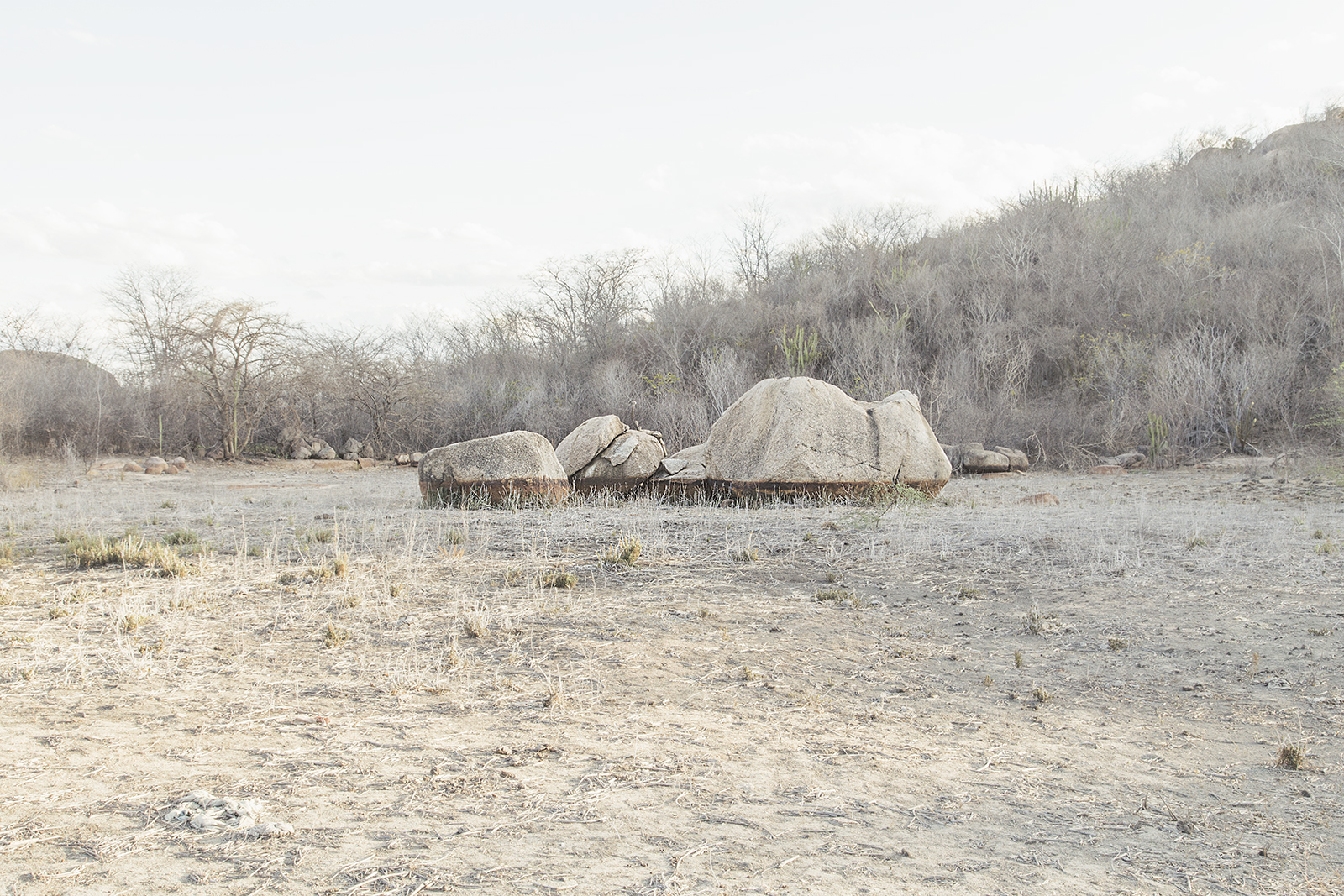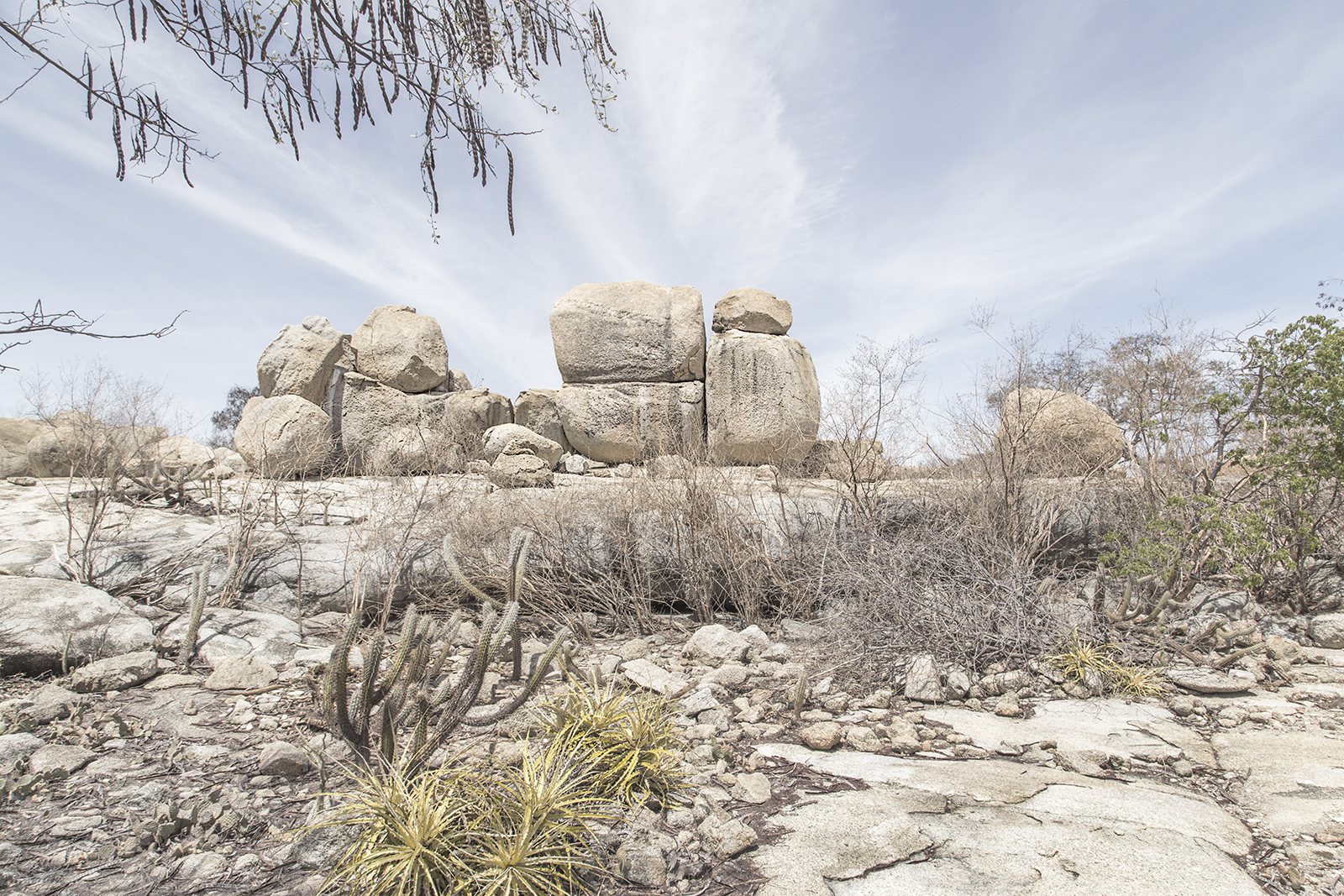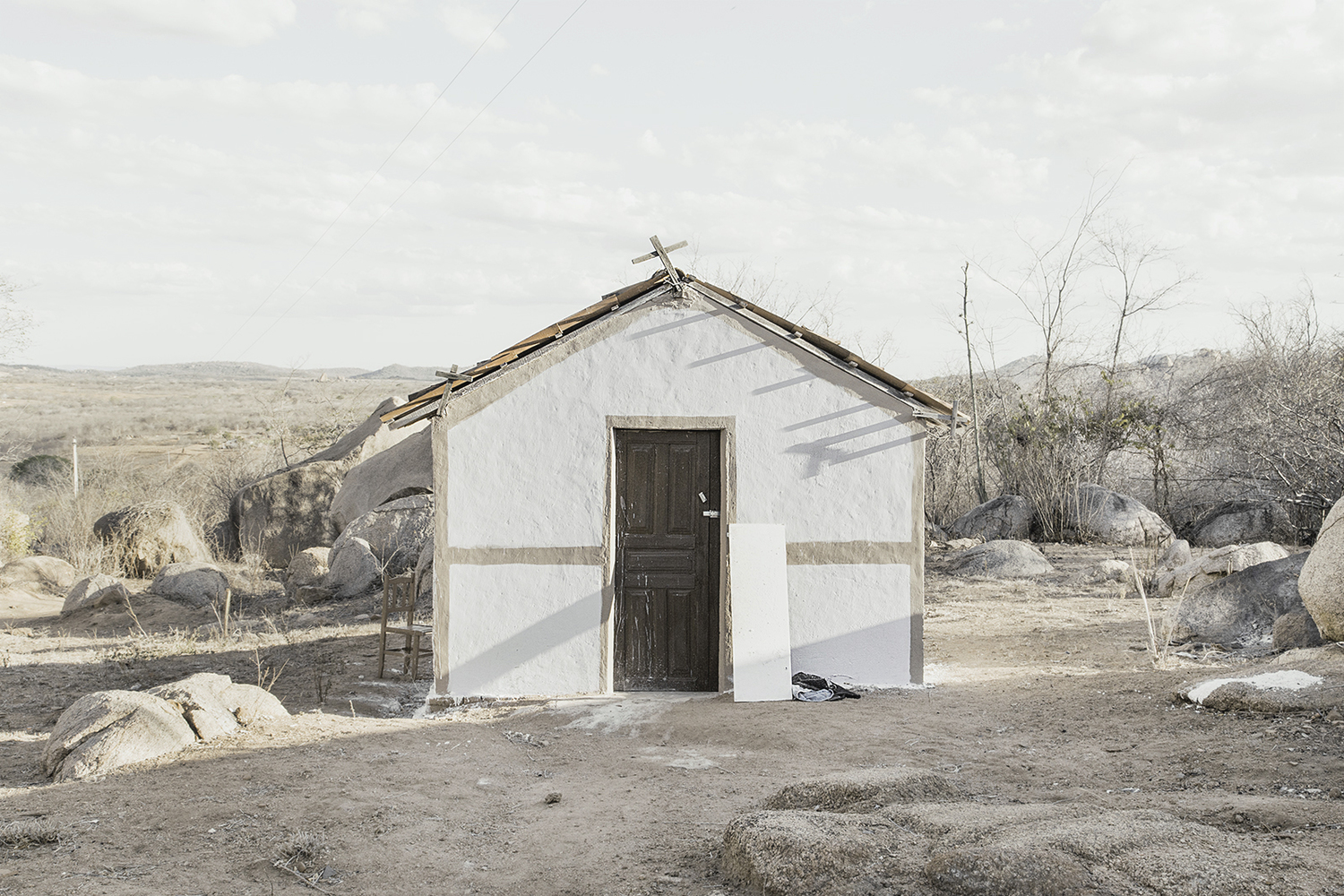Zabé da Loca: Music, Memory, and Strength in the Hinterlands of Brazil
“The place I loved most in this world was the Loca. It wasn’t just where I lived — it was where I felt alive. There was imbu, yam, sugarcane…”
Zabé spoke of her Loca — a rock shelter deep in the Cariri region of Paraíba, Brazil — with tears in her eyes.
She had lived there, raised her children there, and worked tirelessly to survive. She became known across Brazil not just for her story, but for her music.
Zabé da Loca — "Zabé from the Cave" — was born in Pernambuco and became a legend in the Northeast. She was strong, humble, and gifted. While working for local farmers and raising her family under harsh conditions, she taught herself to play the pife — a traditional wooden flute — and mastered it.
At age 79, she recorded her first album. Then another.
She became known as the Queen of the Pife, was honored with the Order of Cultural Merit by the Ministry of Culture, and was called a revelation in Brazilian music.
Even after her passing, her voice lingers. She used to say, “One day, I’ll return to my rock.”
Her home, her “Loca,” became more than a shelter — it became a symbol.
With that spirit in mind, we climbed to her Loca.
We didn’t hear her music in person — she had to stop playing after her lungs weakened — but in the silence, we imagined the sound of her pife.
The wind through the rocks. The sun against the dry land. The whiteness of the Cariri.
We reached the top, exhausted from the sun and the trek, and were met with joy. Zabé’s “family” welcomed us with stories and fresh water from the well. An old man smiled and said, “It’s so good to have you here.”
And it truly was.
The view from the Loca was breathtaking — a dry lake, white leaves dancing in the heat.
The silence didn’t feel empty. It felt full of her.









